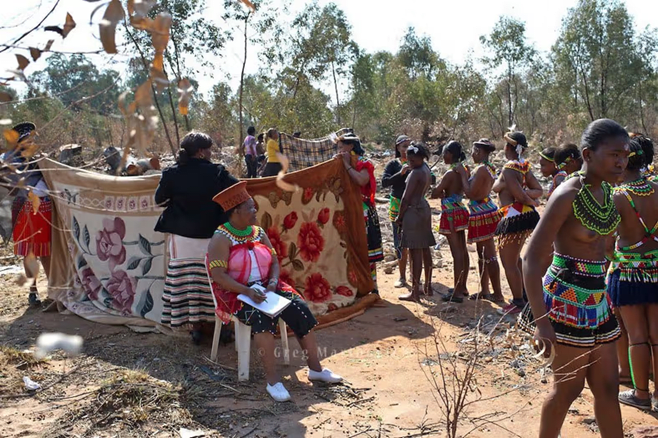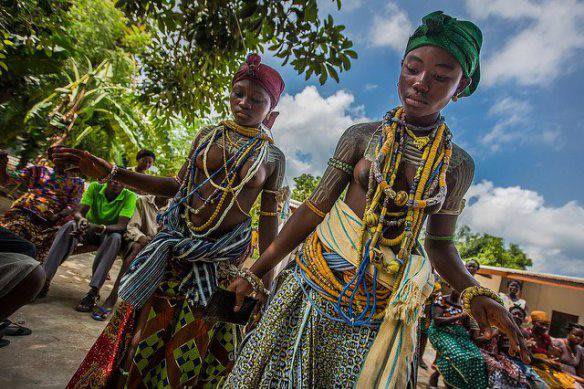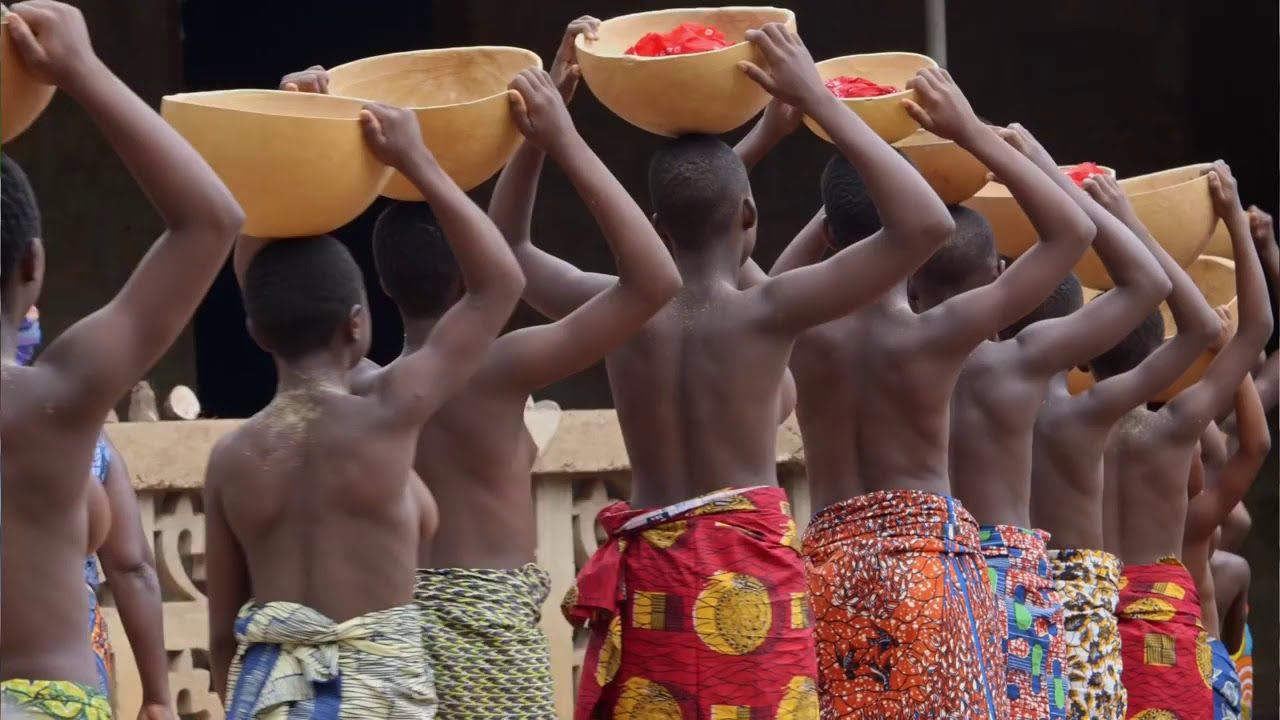Virginity testing is a common practice in many African cultures, as well as in countries like India and Iran. This is because virginity is often used to determine the moral standing of females. The methods for testing for virginity usually involve checking whether the hymen is intact, which might not always yield an accurate result since hymens can tear or wear down as a result of all sorts of activities and can even remain after sexual intercourse.
Women or girls who are found to be virgins are considered to be ‘pure’ and fit for marriage while those who aren’t are shunned in the community. Virginity can even be used to determine the value of a woman in cases where it is used as a bargaining chip for bride price. It is also seen as an indicator of a woman’s self-control.
In this article, we explore the different practices and customs around female virginity in different African cultures.
Zulu (South Africa)

Among the Zulu people, who primarily reside in SA’s southeastern KwaZulu-Natal province, virginity testing is carried out in an official annual ceremony. First of all, the woman or girl who is to be tested is taken to an enclosed area where she lies down and opens her legs wide. The tester, usually an older woman, then sits on a grass mat and wears gloves on both hands before opening the vagina and looking inside to check if the girl’s hymen is intact or if the size of the vaginal opening has been enlarged by penetration. Usually, the ladies who are to be tested are bare-chested, only donning beads on their necks and short skirts.
In some cases, the tester may pour a liquid into the vagina. If one is still a virgin, it is believed that a small amount of liquid will flow into the vagina, while it will flow easily if the vagina has already been penetrated prior. Again, this testing is not fool-proof as different women have different shapes of vaginal openings and hymens.
Still, the practices are carried out. Ladies who are found to be virgins are celebrated with singing and dancing, and given certificates of virginity—these certificates have even been used to obtain scholarships in the municipality’s controversial ‘Maiden’s Bursary Award’ scheme. At the testing ceremonies, older women also give teachings on what it means to be a woman.
Shona (Zimbabwe)
In Shona culture, when a girl who has reached puberty has sex with a boy and loses ‘humhandara’ (virginity), she is believed to no longer be whole and is said to have ‘wasted’ herself. On the other hand, male virginity, called ‘hujaya’, is not regarded with the same level of seriousness.
Traditionally, after the wedding ceremony, the husband’s aunts spread a white sheet over the bed on which the marriage is to be consummated. If the sheet is stained with blood, it indicates that the wife’s hymen has just torn and so she was a virgin at the time of marriage.
Nowadays though, couples usually spend the wedding night away from the family, so a fabric of at least 6 metres in length called ‘jira remasungiro’ is used to communicate the virginity status of the new wife. The fabric is untied and inspected by the bride’s family in the presence of invited relatives and friends. If it is intact, the family rejoices, but if there is a hole in the middle of the fabric, it means the wife was not a virgin. In the former case, the husband pays ‘mombe yechimanda’ (a cow) as part of the bride price to the in-laws. If a son-in-law does not pay mombe yechimanda, the family’s reputation is sullied in the community. In some cases, the wife may even be returned to her family.
Krobo (Ghana)

One of the main elements of the Dipo rites, practiced by the people of Odumase Krobo in eastern Ghana, is virginity testing. The traditional festival takes place in April every year and is partaken in by girls who are considered to be of marriageable age.
On the first day, the girls have their heads shaved and have wrappers tied from their waist to their knee level, leaving their upper bodies exposed. This ritual signifies their transition from girlhood to womanhood. They are then paraded to the community as the initiates, called dipo-yo.
The next day, the chief priest gives the initiates a ritual bath and asks the divine for blessings for the girls. He then washes their feet with the blood of goats presented by each girl’s parents, in order to drive away the spirit of barrenness.
Next, the lineup of girls take turns to sit on a sacred stone 7 times. Those who sit on the stone and are stuck on it are considered to not be virgins, while those who sit on it and are able to stand up afterwards are said to be virgins. The former are immediately shunned by the community and are unlikely to attract any man from the tribe for marriage. The other aspects of the Dipo rites include a one-week training for the initiates and a celebration of their transition into womanhood.
While virginity testing has been rightfully met with a lot of backlash over the violation of women’s sexual rights, it has also been of some benefit to the communities in which it is practiced. For example, the pre-colonial practice was said to be revived in South Africa in the 80s, during the HIV/AIDS epidemic. Upholding chastity in such a manner was one way the Zulu community is thought to curb the spread of the disease.






